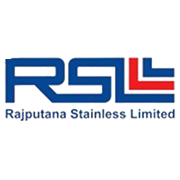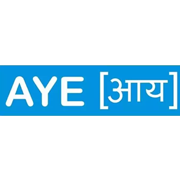What is IndiaFirst Life Insurance Company Limited IPO?
- Answer Field
-
IndiaFirst Life Insurance Company Limited IPO is a IPO of [-] equity shares of a face value of ₹[-] aggregating up to ₹[-] Crores. The issue is priced at ₹[-] to ₹[-] per share. The minimum order quantity is [-] Shares. The IPO opens on [-], and closes on [-]. KFin Techologies Ltd is the registrar for the IPO. The shares are proposed to be listed on .
































